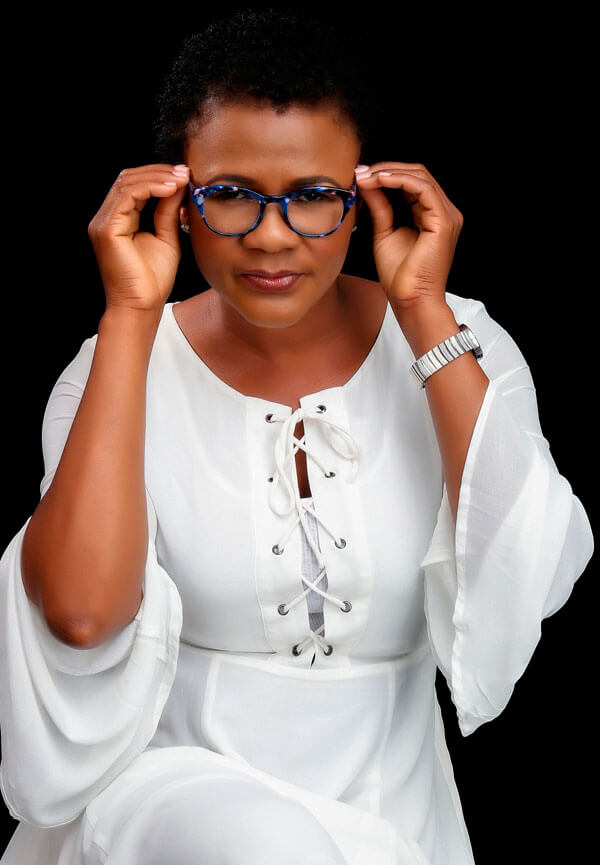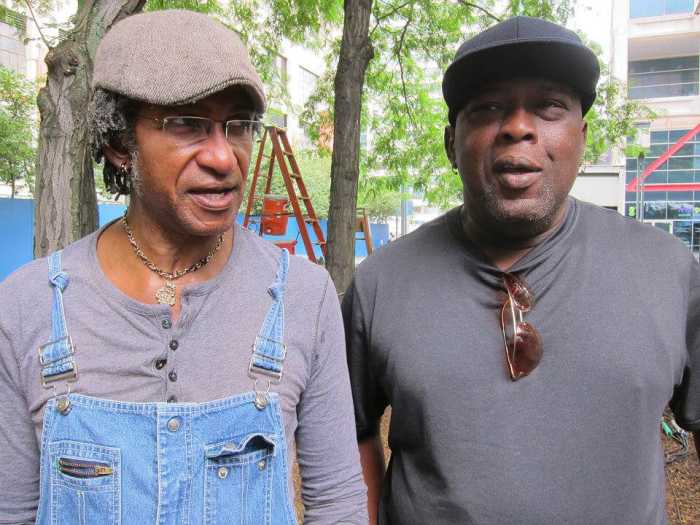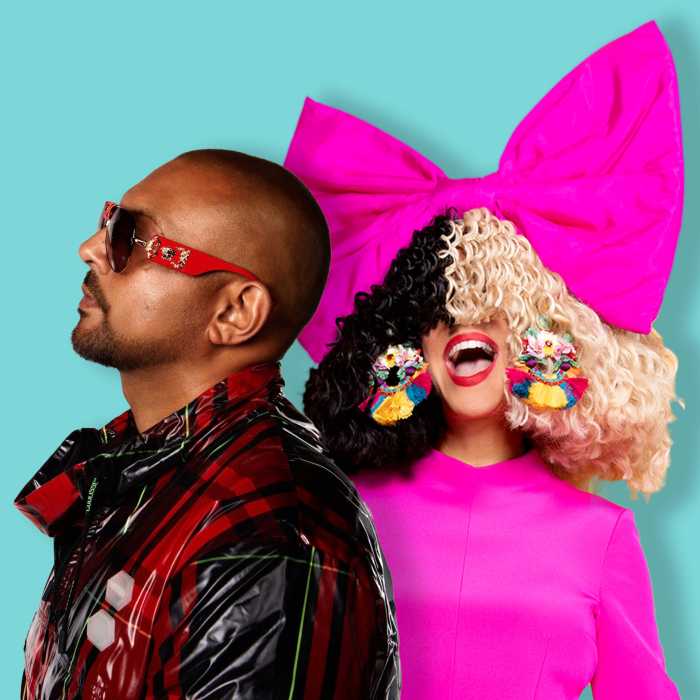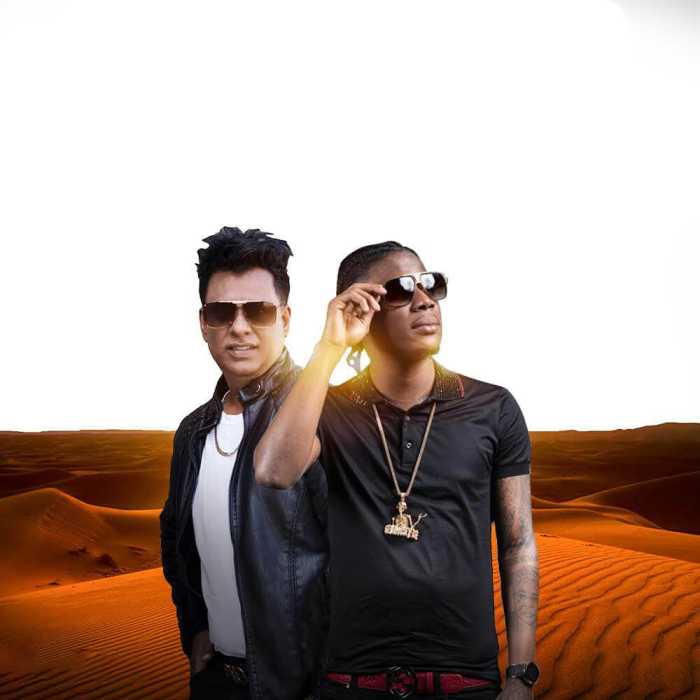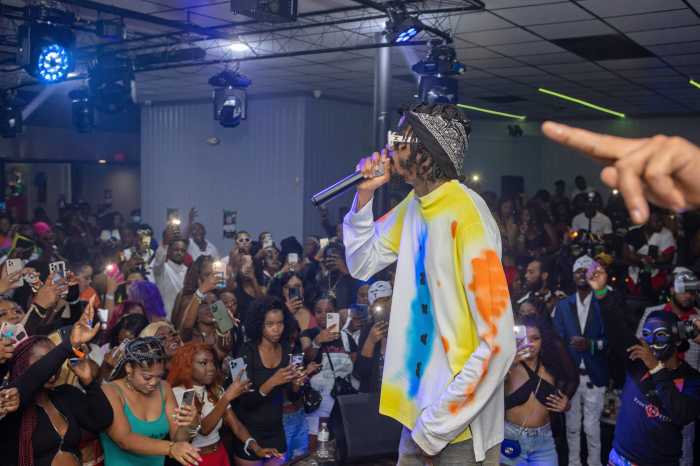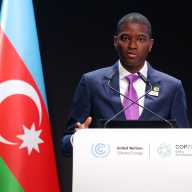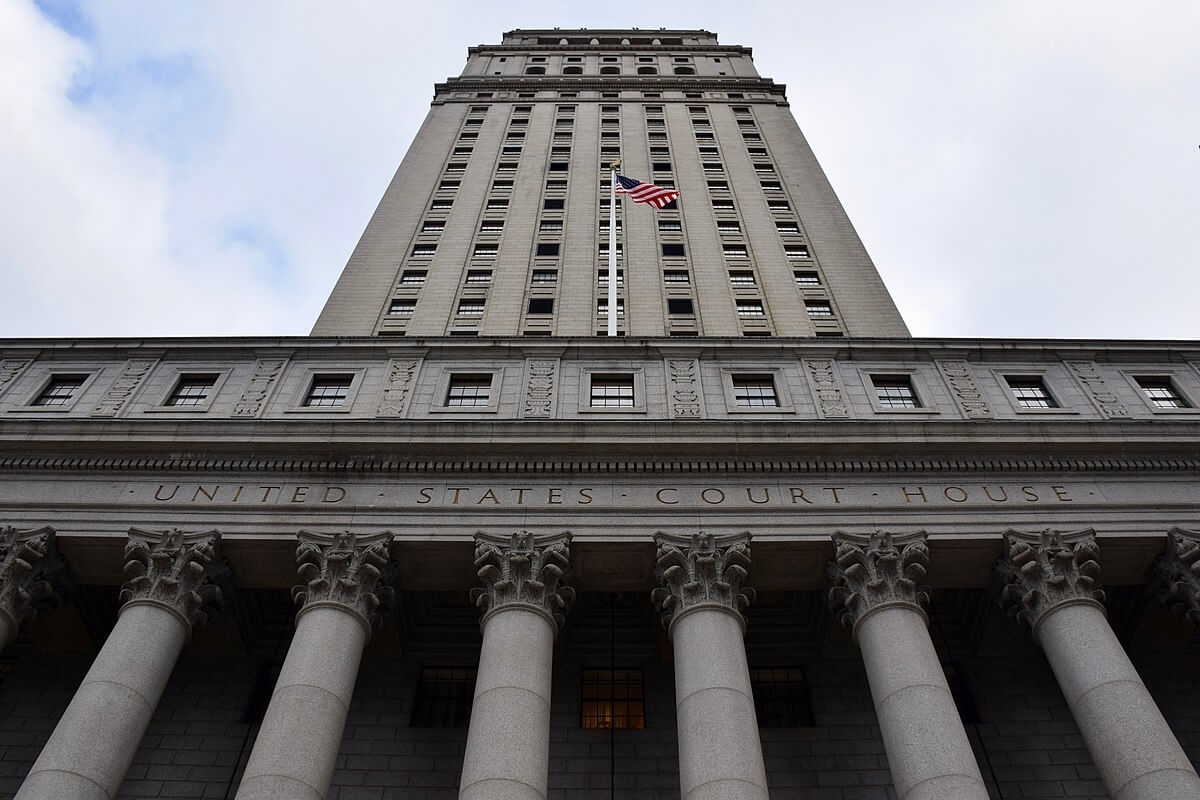Jamaica’s dancehall rhythm gets a day on July 1 when International Reggae Day salutes the evolutionary spin-off music that influenced a global audience through the 1980s and 90s.
On that date, from Kingston to the United Kingdom, Brazil, Kenya, Serbia, Harare, Zimbabwe to New Zealand fans of the genre will connect via virtual broadcasts, films, music, concerts, with a myriad salutary tributes spearheaded and endorsed by ireggaeday.com
Conceptualized by Andrea Davis, founder and producer of IRD, the 24-hour trailblazing event began in 1994 to purposely celebrate “the best of Jamaica’s musical creativity and unite the reggae community around the world.”
This year’s theme “From Bruckins To Bogle” accentuates the progression dance advanced using music.
Brukins – defines a ‘thrust and recovery’ dance movement popularized on the island. While daggering and religious cult-associated kumina and pocomania preceded as prevalent forms, the ingenious talents of choreographer/dancer Gerald Levy aka Bogle won wide appeal during revelry of the dancehall era.
Bogle died in 2005 but the legacy he left transcended the nickname he inherited from a moniker in honor of a national hero named Paul Bogle.
His game changing movements heavily influenced the masses the way Michael Jackson’s moonwalk fascinated professionals and novices to imitate and improvise.
Similarly, dancehall rhythms permeated the beats of hip-hop recordings in the USA; Afro-beat on the African continent, reggaeton — throughout Latin America and Electronic Dance Music all across Europe.
In previous years Davis has hailed the island’s rocksteady and ska beats.
Dancehall will get its day on July 1.
Grounded by its rhythm-heavy beats, it is a subgenre of reggae music and the popular music played in clubs, parties and dancehalls. Dancehall music impacted a generation causing an eruption of cultural conversions in media, art, fashion, vernacular, dance, clubs, travel and a generation of loyalists to the genre.
Its emergence created an industry that spawned conversations and progressive actions from a generation X.
On the island, a tabloid devoted to their whims targeted readers to subscribe to X-News.
The newspaper outsold longstanding publication by focusing on all aspects of the dancehall era.
It was during a period when video vixens, dons and don dadas vied with verbal rivalry in lyrical clashes battled onstage at a year-end contest called Sting. Promoted as “the best of the best” dancehall legends collided for a one-night, all-night contest judged by patrons.
On one occasion at Jamworld in Kingston, rapper Biggie Smalls aka The Notorious BIG bailed before the Montego Bay, segment of a bi-coastal showcase by booking an early exit on the Air Jamaica carrier.
Allegedly, the rapper made the unprecedented return stateside because he faced a hostile crowd forcing him to flee north.
There were growing pains for sure but it’s no wonder major record companies rushed to sign the likes of Shabba Ranks, Super Cat, Beenie Man, Buju Banton, Shaggy, Shinehead, Little Vicious, Patra, Mad Cobra, Lieutenant Stitchie and others who controlled the microphone by amplifying their rhymes with reasonable lyrics.
Titans such as Bounty Killa, Ninjaman, Lady Saw, Tanya Stephens, Sister Carol, Lady Mackerel and others also ruled the landscape garnering wide audiences on every continent.
Those talents along with others will be hailed when top recorders, producers, anthems, sound-system operators and other categories of excellence are rewarded for making an impact on the global community.
In the eras following the death of the king of reggae, Robert Nesta Marley new names emerged on the scene to showcase Sean Paul’s stylized understanding which impressed a Latin community to use the beat to create their own Spanish version.
Across the continent of Africa, young talents incorporated the new sound to tackle issues of cultural and political concern.
Japanese nationals copied the nuances, vernacular and even crowned a Tokyo-based dancehall queen.
In addition, a summer festival lured tourists to book into hotels offering accommodations with perks to attend Reggae Sumfest.
Dancehall Night proved to be the biggest gainer of the four-day, marathon series attracting tourists, grassroots patrons, promoters, record label A&R scouts and fans.
European music festivals thrived feasting on the island-birthed offspring.
Recently Brooklyn’s Barclay Center recalled Patra, Cobra, Yellowman, Capleton and Shabba Ranks for a one-night overture.
Fans loved the nostalgia from Brukins to Bogle.
Catch You On The Inside!


